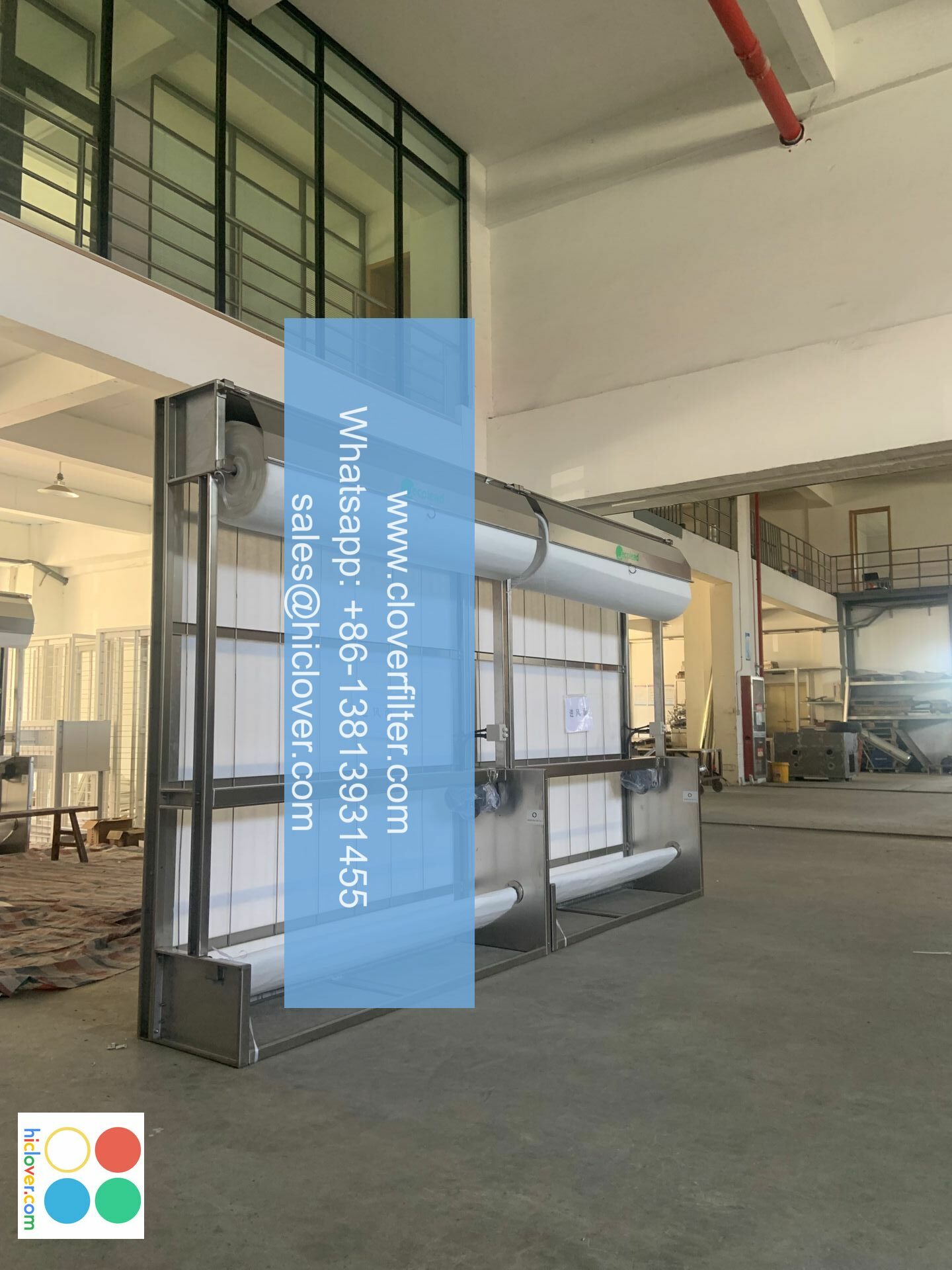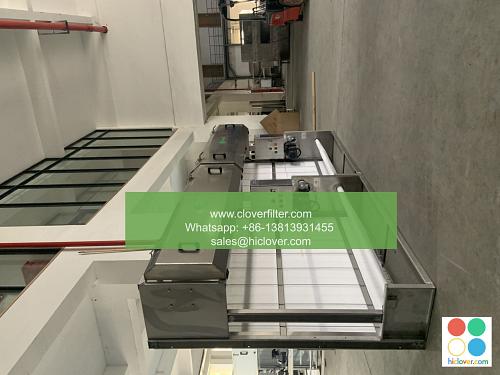Clean Air Matters: A Comprehensive Air Filter Report

As the world grapples with the challenges of air pollution and indoor air quality, the importance of air filtration systems cannot be overstated. In this report, we will delve into the world of air filters, exploring their applications, benefits, and technologies that are making a significant impact on clean air and public health.
Introduction to Air Filters
Air filters are devices designed to remove particulate matter, gases, and odors from the air, improving indoor air quality and reducing the risks associated with air pollution. They are widely used in residential, commercial, and industrial settings, and are an essential component of heating, ventilation, and air conditioning (HVAC) systems.
Applications of Air Filters
Air filters have a wide range of applications, including:
- Residential air filtration: improving indoor air quality in homes and apartments
- Commercial air filtration: maintaining clean air in offices, restaurants, and other commercial establishments
- Industrial air filtration: removing hazardous particles and gases from the air in industrial settings
- Medical air filtration: providing sterile air in hospitals and healthcare facilities
- Transportation air filtration: improving air quality in vehicles, airplanes, and other modes of transportation
- HEPA (High Efficiency Particulate Air) filters: capable of capturing 99.97% of particles as small as 0.3 microns
- Activated carbon filters: effective at removing gases and odors from the air
- UV (Ultraviolet) filters: using ultraviolet light to kill bacteria and viruses
- Electrostatic filters: using electricity to attract and trap particles
- Improved indoor air quality: reducing the risks associated with air pollution and indoor air quality
- Reduced allergy and asthma symptoms: removing allergens and irritants from the air
- Increased energy efficiency: improving the performance of HVAC systems and reducing energy consumption
- Extended equipment life: protecting equipment and machinery from damage caused by particulate matter and gases
- Smart air filters: using IoT and sensor technology to monitor and control air quality
- Nanofiber filters: using nanotechnology to create ultra-fine filters with improved performance
- Biodegradable filters: developing eco-friendly filters that are biodegradable and sustainable
- Air purification systems: integrating air filtration with air purification technologies to create comprehensive indoor air quality solutions
Types of Air Filters
There are several types of air filters available, each with its own unique characteristics and applications. Some of the most common types of air filters include:
Benefits of Air Filters
The benefits of air filters are numerous and well-documented. Some of the most significant benefits include:
Technologies and Trends
The air filtration industry is constantly evolving, with new technologies and trends emerging all the time. Some of the most significant developments include:
Conclusion
In conclusion, air filters play a vital role in maintaining clean air and public health. With their wide range of applications, benefits, and technologies, air filters are an essential component of any indoor air quality strategy. As the world continues to grapple with the challenges of air pollution and indoor air quality, the importance of air filtration systems will only continue to grow. You haven’t asked a question or provided a prompt for me to respond to. Please provide more context or information so I can assist you. What would you like to talk about?

